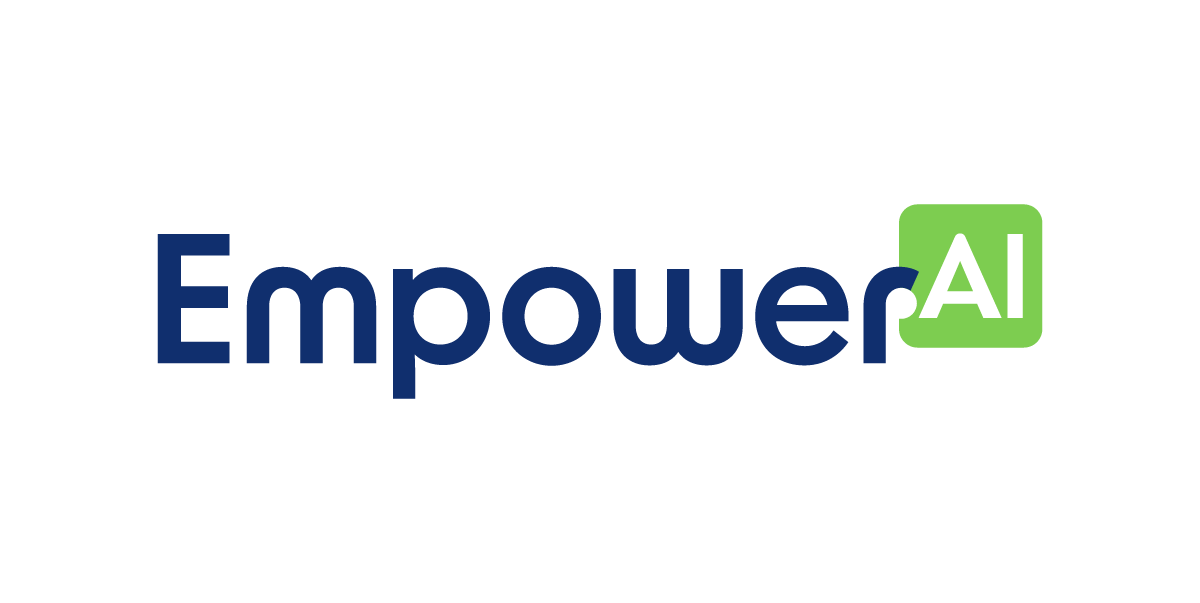| Course | Career Fields | Description | Certification Duration | Interested? |
|---|---|---|---|---|
| CompTIA Security+ |
|
Security+ establishes the core knowledge required of any cybersecurity role and provides a springboard to intermediate-level cybersecurity jobs. Security+ incorporates best practices in hands-on troubleshooting, ensuring candidates have practical security problem-solving skills required to:
Security+ is compliant with ISO 17024 standards and approved by the US DoD to meet directive 8140/8570.01-M requirements. |
Three years | |
| CompTIA CASP+ - Advanced Security Practitioner |
|
CASP+ is an advanced-level cybersecurity certification covering technical skills in security architecture and senior security engineering. Successful candidates will have the knowledge required to:
CASP+ is compliant with ISO 17024 standards and approved by the US DoD to meet directive 8140/8570.01-M requirements. |
Three years | |
| ITIL Foundation |
|
ITIL 4 Foundation introduces an end-to-end operating model for the creation, delivery and continual improvement of technology-enabled products and services. ITIL 4 Foundation is for anyone who needs to understand the key concepts of IT and digital service delivery, and who is interested in helping their organization embrace the new service management culture. It is for professionals at the start of their ITIL 4 journey or people looking to update their existing ITIL knowledge. The course will help you to understand:
|
- | |
| Certified Information Systems Security Professional (CISSP) |
|
Certified Information Systems Security Professional (CISSP) enables learners to:
|
Three years | |
| Architecting on AWS |
|
In this course, you will learn to identify services and features to build resilient, secure, and highly available IT solutions on the AWS Cloud. AWS Authorized Instructors emphasize best practices using the AWS Well-Architected Framework and guide you through the process of designing optimal IT solutions based on real-life scenarios. The modules focus on account security, networking, compute, storage, databases, monitoring, automation, containers, serverless architecture, edge services, and backup and recovery. At the end of the course, you will practice building a solution and apply what you have learned. Prerequisites:
|
Three years | |
| Microsoft Azure Fundamentals | IT personnel who are beginning to work with Azure |
Learn about Microsoft Azure and get hands-on experience with the product. This course primarily uses the Azure portal and command line interface to create resources and does not require scripting skills. Students in this course will gain confidence to take other role-based courses and certifications, such as Azure Administrator. This course combines lecture, demonstrations, and hands-on labs. This course will also help prepare someone for the AZ-900 exam. |
One year | |
| Certified ScrumMaster (CSM) |
|
As a Certified ScrumMaster, you can:
|
Two years | |
| HDI Customer Service Representative (HDI-CSR) |
|
HDI Customer Service Representative (HDI-CSR) training focuses on call handling best practices, communication and listening techniques, documentation, problem-solving, and troubleshooting skills, conflict negotiation, and responses to difficult customer behaviors. |
Two years | |
| Project Management Professional (PMP) |
Project leaders in any industry |
The Project Management Professional (PMP)® is the world's leading project management certification. Now including predictive, agile and hybrid approaches, the PMP® proves project leadership experience and expertise in any way of working. It helps organizations find the people they need to work smarter and perform better. Prerequisites:
|
If you hold a (PMP), (PgMP), (PfMP), or (PMI-PBA) certification, you are required to earn 60 PDUs in a 3-year cycle. | |
| Cloud Data Management Capabilities (CDMC) |
IT professionals managing data in cloud, multi-cloud and hybrid-cloud environments |
The background to the global industry initiative that created CDMC is explained, along with the benefits to the different types of organizations that can reference and use the framework. The course covers both the perspective of the data practitioner as well as guidance to technology providers. The curriculum is organized into six core components covering 37 essential cloud data management capabilities and 14 key controls: - Governance & Accountability |
- |

